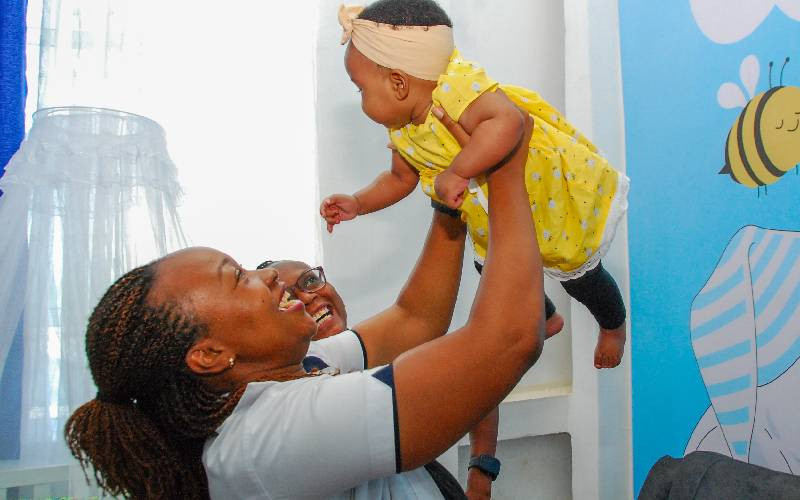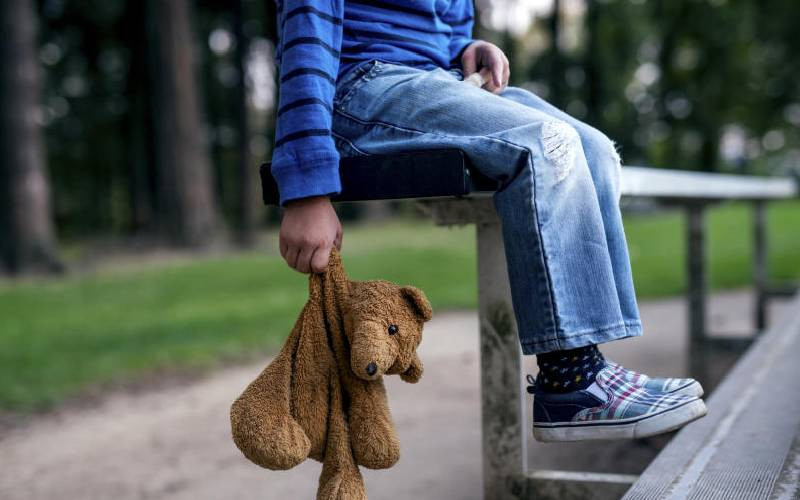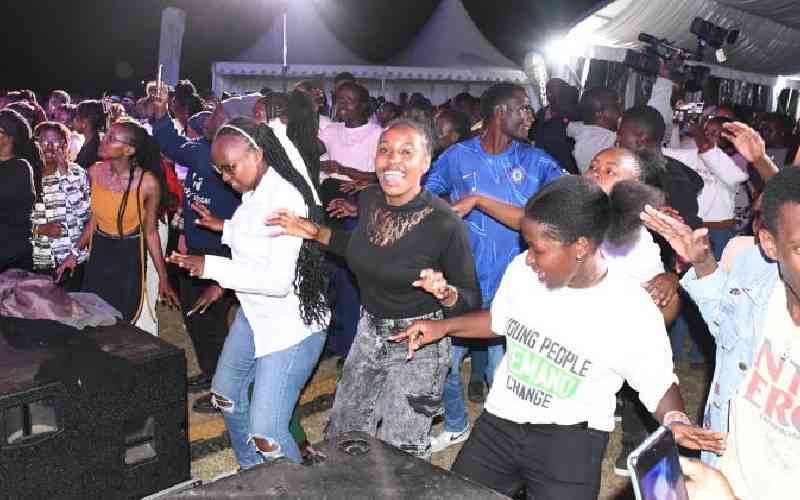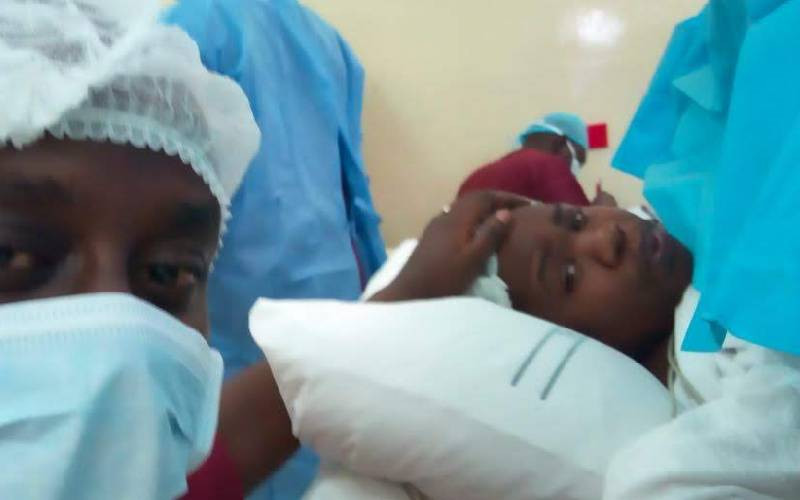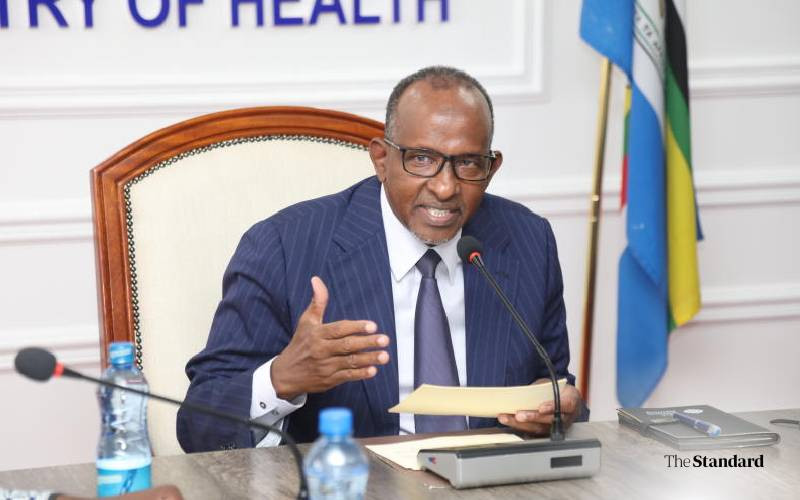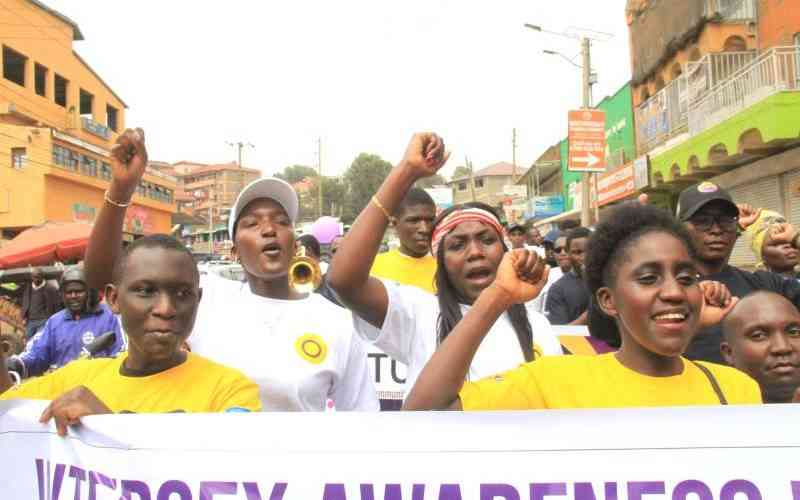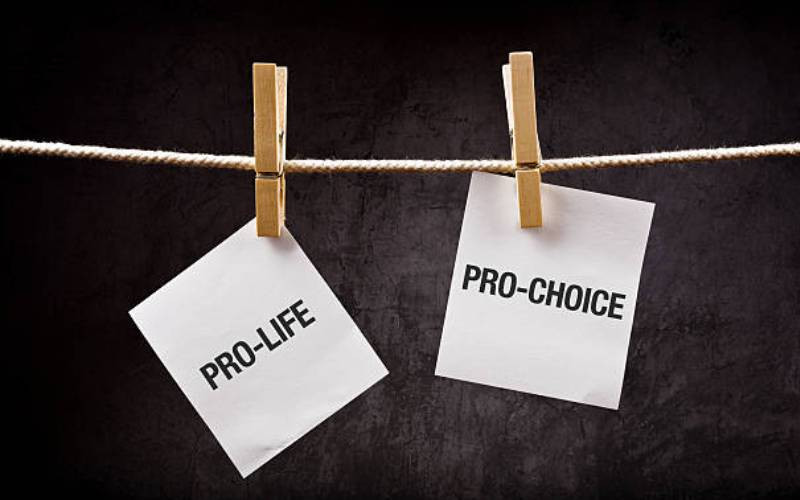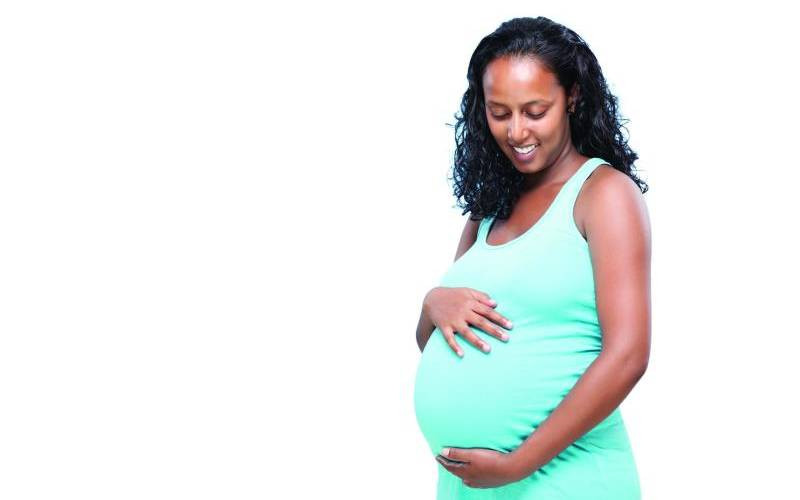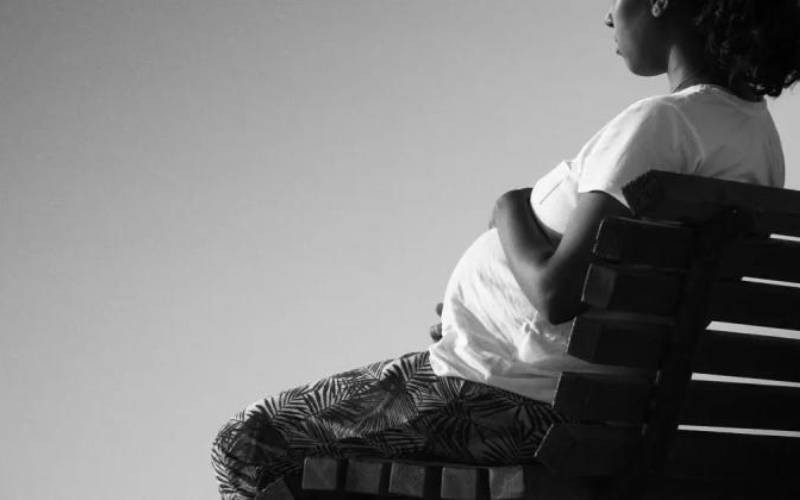
Leah Akoth* and her husband were fast asleep when hell broke loose. The raging flood water had broken through their mud-walled house. They jumped out of bed. Their children were screaming for help. Men risked it all to rescue women, children, people with disabilities and the elderly. They carried nothing.
In the morning, families that had previously lived well in their homesteads were desperate for basic needs. They had lost everything.
Following days of heavy rainfall in higher lands far away, the nearby River Nyando had burst its banks in the dead of night.
At 30 years old, Leah had experienced the Nyando floods for the first time, having only returned to the village after her husband was laid off from his job in the city. Following the flash floods, Leah and her family ended up in Ugenya IDP camp. They lived there between 2020 and 2022. Days after the family settled at the camp, the Covid-19 pandemic broke. Leah and her husband sent their two children to her maternal home, which was safer.
In 2021, Leah conceived and, later in the year, delivered with the help of a midwife. Following the floods, she had quit her family planning method as the nearby dispensary where she would initially access reproductive health services was marooned, together with the nearby Ogenya Primary School.
"I had marked the return dates in my calendar, but that night (of the flood) I rescued nothing, let alone the calendar," she said at Ogenya camp in January 2022.
When this writer visited Leah and her child, they were emaciated. They relied on well-wishers and little from her husband's fishing venture. The family had not prepared for an extra mouth.
Similar stories sprung up under a mango tree at the camp and others spread across the village, when this writer spoke to other women. They spoke of a change of priorities and long distance to the next available health centres.
- Experts call for holistic 'Blue Values' approach to protect Indian Ocean
- Report: Data-driven action key in reducing methane emissions
- How climate change is making people unhealthy
- Kenya steps up war on Rift Valley Fever and Brucellosis
Keep Reading
According to Jacktone Miruka, local information on reproductive health is scarce. "No one thinks about sharing information on reproductive health or distributing condoms in camps because it is not a priority need, food is," he says.
When this writer returned to Ogenya in December 2022, Leah and several other families had left. Of those still at a nearby camp was a Class 8 girl whose mother took care of her child born after the floods.
According to Erick Mundia, Senior Policy and Advocacy Advisor at Ipas Africa Alliance, many women and girls miss out on reproductive health services whenever climate disasters occasion displacement, migration, or destruction of health facilities, or render them poorer.
While the organisation champions women's and girls' reproductive health rights, the challenge of floods in the area has forced them to change tact in their programmes and incorporate climate change.
"Sometimes the government is late on mitigation measures for such climatic conditions on reproductive health, and we have to intervene, even when there is no budget for such," Mundia says.
"We call this climate justice because we want women to be resilient, and still make choices while enjoying their reproductive health rights, and contribute to climate change mitigation," he adds.
He calls for increased information sharing on the availability of reproductive health services, where and how to access them, and deliberate efforts to reach floods and drought victims with such.
"This information should be simplified and even translated to local languages. Integration of these and the preexisting African family planning methods should also be done to increase uptake," he says.
Displacement occasions change of caregivers, and trust has to be rebuilt. Mundia says women and girls are not likely to be confident enough to seek reproductive health services in new environments, because "new environments come with new pressures."
Locally, some healthcare providers are not well trained.
"A healthcare worker may say you are eligible for one type of contraceptive, which may not be available. Some cannot advise on other options," says Mundia.
Some reproductive health services are only available at Level 3 hospitals or above. If disaster victims must choose between buying food and getting transport to distant hospitals, food wins.
"The cost of getting to the farther health centres may be punitive. In some cases using contraceptives comes with some stigma. If the distance is longer, the problem is not only the fare but unpreparedness and mental torture," he says.
The burden on women as family caregivers, and those tasked with ensuring the family eats, increases their chances of ignoring their health. This is not unique to reproductive health services and rights but also to access to HIV/Aids or TB care, among others.
At a Media for Environment, Science, Health and Agriculture (MESHA) cafe, doctors and researchers from Afidep, and the Ministry of Health, science journalists and activists discussed TB. Similar problems affecting women's access to reproductive health services came up.
Dr Wendi Nkirote Mwirigi, the National TB and Leprosy Elimination Programme (NTLEP) representative, said the challenge of containing TB was worsened by climate change, especially where people have to keep moving to find greener pastures. "We call on county governments to support the TB manyattas so that they do not continue to move," she said.
Dr Leyla Abdullahi, a Senior Research and Policy Analyst at Afidep proposes deliberately reaching people affected by climate change, especially in the ASAL areas, with information and care, rather than waiting for them to go to hospitals for early detection of TB cases and timely treatment as well as adherence to the same.
 The Standard Group Plc is a multi-media organization with investments in media
platforms spanning newspaper print
operations, television, radio broadcasting, digital and online services. The
Standard Group is recognized as a
leading multi-media house in Kenya with a key influence in matters of national
and international interest.
The Standard Group Plc is a multi-media organization with investments in media
platforms spanning newspaper print
operations, television, radio broadcasting, digital and online services. The
Standard Group is recognized as a
leading multi-media house in Kenya with a key influence in matters of national
and international interest.


